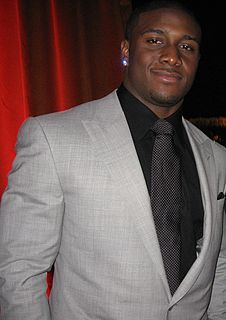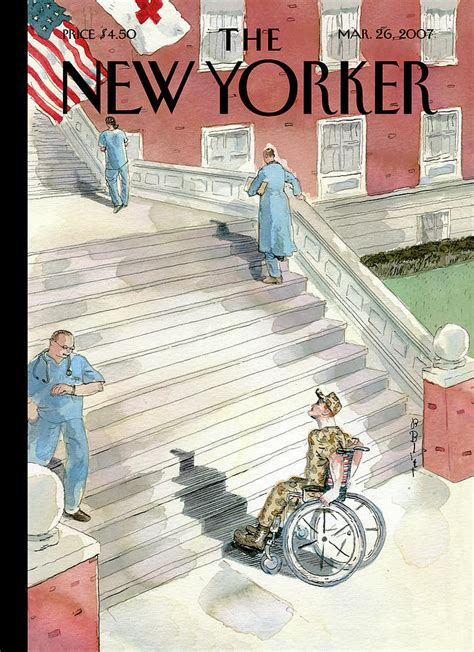A Quote by Rupi Kaur
It was tough to cope with the pressure of having to talk about menstruation, but now with 'Newsweek' splashing it as the cover story, I thing the point I wished to make has found its mark.
Related Quotes
Pressure to me now has become almost part of my life. It doesn't really affect me anymore. People talk about me being under pressure or having pressure of having to come in and be this great player that everyone expects me to be right away. It doesn't really faze me. It's become second nature now. It's almost like it would be weird not to have it.
Right after the keynote in which Steve Jobs introduced the iPod Shuffle, I went backstage with one question in mind: What makes an iPod an iPod? By then - January 11, 2005 - I had staked my own claim to iPod expertise, having written a 'Newsweek' cover story about Apple's transformational music player, and I was writing a book on it.
I think if you talk to anybody who ever went from not having much to having enough to buy what they wanted, they're always happier. Now I get that whole '$75,000 a year is some kind of magic number,' but my experience is 'more is better, up to a point.' Then there's a point where it doesn't make any difference.
It's tough for parents to talk to children about heavy-weight topics such as peer pressure, drugs and morality if they don't already have a closeness. A parent can't just all of a sudden pick out an hour and talk to a son about being morally clean if the parent and child haven't spent much time together for three or four years. I think closeness is developed more quickly by having fun together.
The magazine business is dying. It's a hard time for publishing. It does seem that everyone is much more opinionated now. I think there's probably more room for making opinionated illustrations. There was a time when Time magazine and Newsweek would have a realistic painted cover. A friend of mine used to do a lot of those paintings and he was told by the art director at one point, we are switching to photography. It seems that if someone saw a painting on a cover, it took a while to do, it must be old news. Photography became more immediate.
The thing I always guard against when I'm talking to people I'm working with about a script is that there's a thing I don't like and it's called "talk story." It's when you're talking about the story; the characters are tasked with talking about the story instead of allowing the audience to experience the story.
When I die, the world is going to talk about me. They will never forget me and I will never have any regrets. If nothing else, the world will know I was here. I think that everyone should make their mark wherever they are. They will talk about you way after you're gone. Make your mark. Live your life.
There are all sorts of theories and ideas about what constitutes a good opening line. It's tricky thing, and tough to talk about because I don't think conceptually while I work on a first draft -- I just write. To get scientific about it is a little like trying to catch moonbeams in a jar. But there's one thing I'm sure about. An opening line should invite the reader to begin the story. It should say: Listen. Come in here. You want to know about this.
The weirdest thing to me is that magazines would never do this for their writers. They would never hire a writer who writes for another magazine; they want to have their own stable of writers. Newsweek would never hire a TIME writer, and TIME would never hire a Newsweek writer - but they would both hire the same photographer to shoot a cover for them.







































